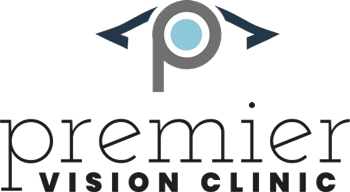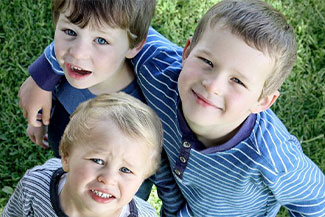
Myopia Management FAQ
This page is dedicated to answering all of your questions about myopia, and what you can do to support your child’s healthy lifelong vision.
What is Myopia?
Myopia is a refractive error that causes distant objects to appear blurred caused by the elongation of the eye.
Myopic eyes are slightly longer from front to back than non-myopic eyes, so light is focused in front of the retina instead of directly on it.
Simply put, the meaning of myopia is nearsightedness.
Childhood myopia significantly increases the risk of developing serious sight-threatening diseases later in life. Moderate to severe myopia puts your child at a greater risk of developing cataracts, glaucoma, retinal detachment and age-related macular degeneration, compared to children with low or no myopia.
Myopia management treatments help to slow myopia’s progression and minimize your child’s future risk of eye disease.
Have more questions? No problem.
Below, you’ll find a list of commonly asked questions about myopia that’ll help you gain a better understanding of the condition, and what parents can do to help their kids have life-long healthy vision.
FAQ
Does myopia management work?
Yes! In clinical trials, each myopia management method used was effective in reducing the progression of myopia compared to children who simply corrected their myopia with eyeglasses. On average, myopia management treatments can slow your child’s myopia by 50%.
When does myopia stop progressing?
Myopia usually stabilizes by the early-to-mid 20’s. Once a person’s body stops growing, their eyes will generally stop elongating as well.
Can myopia be prevented?
As of now, there isn’t yet a way to fully prevent myopia. However, certain lifestyle factors can delay myopia onset in children. For example, give your child ample time in the sunlight each day, limit their daily screen time, and encourage them to take frequent breaks from doing near activities. Speak with your optometrist about your child’s risk factors and what you can do for your child’s vision.











